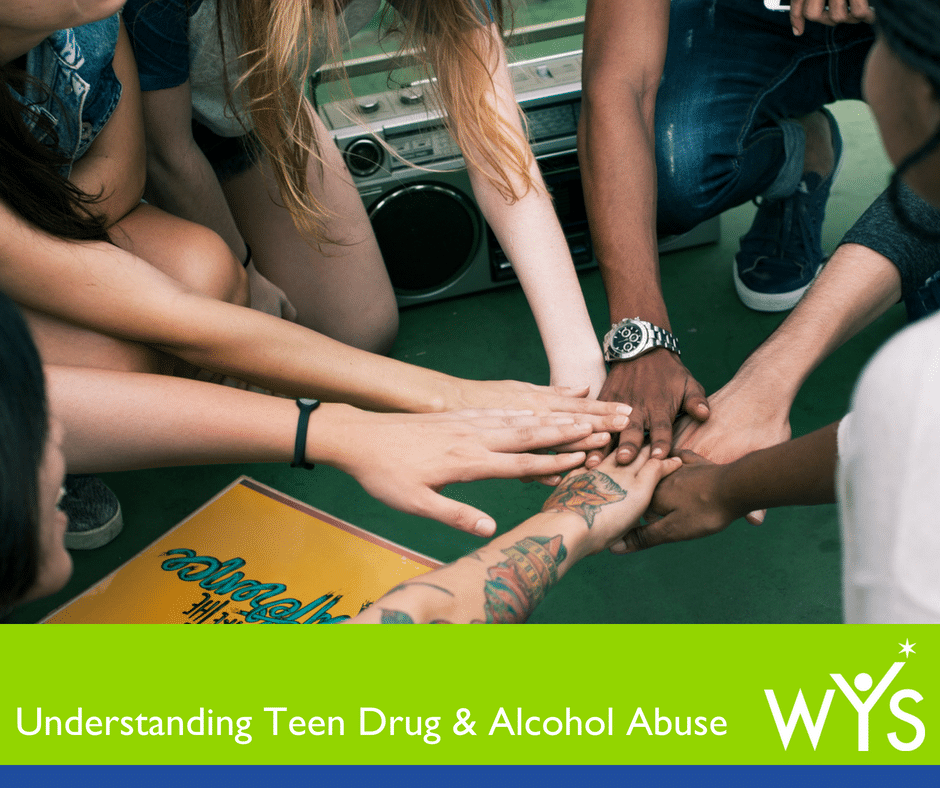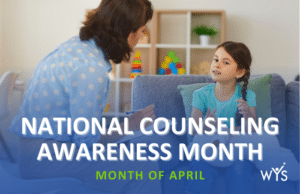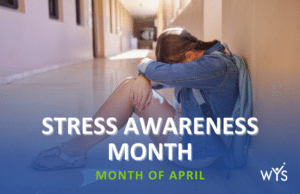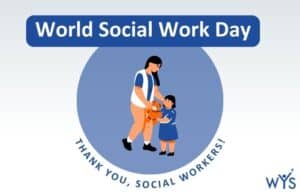
Understanding Teen Drug and Alcohol Abuse
High school is an exciting time filled with new experiences. Adolescents are hardwired to take risks and try out “adult” behaviors. It makes sense that almost 70 percent of high school seniors have tried alcohol, and 50 percent have taken an illegal drug such as marijuana.
There is a common misperception that teens who experiment with drugs and/or alcohol are “bad” kids, or are doing it to be rebellious. The issue is much more complex than that. Some of the reasons that an adolescent might use drugs or alcohol is because of boredom, ease of access, peer pressure, stress, or self-medication. Punishing the behavior without understanding the root cause(s) that prompt teens to gravitate towards drugs in the first place, could make the problem worse. This is why we think it is important to ask curious non-judgmental questions to find out what is going on behind the scenes of what we see.
Drug and alcohol abuse is the use or misuse of illegal or prescription drugs or excessive alcohol intake. Repeated use of drugs and/or alcohol can lead to addiction, which is a physical dependency that makes it difficult to exert control over the impulse to use that substance. Some of the warning signs of substance abuse include having a sudden change in friends, being secretive or withdrawn from family, dropping grades, paying less attention to hygiene, and new or odd behavior.
The following list provides additional details regarding some of the possible reasons why an adolescent might use drugs or alcohol and what we can do to help them:
Boredom
One of the most common reasons that teens report having experimented with drugs or alcohol is simply because they were bored. There is a legitimate connection between boredom and drug and alcohol misuse. Teens are often unsupervised during the summer break and after school before parents come home from work. Without the monitoring of parents or some kind of extracurricular activity, they become vulnerable to making risky decisions such as experimenting with substances. Alcohol and marijuana make teens feel like they are doing something exciting and possibly provide a way to bond with others if they feel lonely.
Providing meaningful supervised activity such as sports, music, or community involvement helps to fill the void while keeping teens safely occupied.
Easy Access
The fastest-growing drug problem among adolescents and young adults is the misuse of prescription drugs. Prescription medications such as amphetamines, opioids, and depressants account for a large amount of the most commonly abused drugs by high-school seniors, because of the ease of access. Painkillers such as Vicodin or OxyContin are especially dangerous because they are highly addictive and can easily lead to fatal overdoses. The opioid crisis continues to grow in the United States and locally here in Orange County. According to the 2018 OC Community Indicators Report, deaths due to opioids increased 30%, nationally, between 2015 and 2016. In Orange County, deaths due to opioids increase 14% in one year. Additionally, emergency room visits for opioid overdose or abuse increased 215% between 2006 and 2016 in Orange County.
What we’re finding in our work, is that the first place that teens get access to these drugs is their parents’, caregivers’, or grandparents’ medicine cabinets. With pharmacies now delivering prescriptions to homes, the ease of access to prescription drugs is increasing. Safe storage of medications, and proper disposal when no longer needed, will decrease the chances of a minor getting access to prescription medications. Most pharmacies have medication disposal kiosks where you can dispose of your unused medications. Many police stations have drop-off locations as well.
Peer Pressure
Peer pressure situations can trigger feelings of inadequacy, unworthiness, unhappiness, and instability. Teens might try drugs or alcohol for the first time in order to fit in, or to avoid ridicule. Teens should be prepared for social gatherings, such as parties, where drugs and alcohol may be present. Parents and caregivers can help by talking with them ahead of time. Research shows that kids who learn about the risks of drugs from their parents are 50 percent less likely to use drugs than kids who do not learn about the dangers of drugs at home.
While teens need a sense of autonomy and independence, it’s important to provide guidance and monitoring with decision-making. It is crucial to always ask questions to get a sense of where they spend their time and with whom they spend it with. Get to know their friends, and what they are about. Always let your kids know that no matter what, if they find themselves in a dangerous situation, they can always call you to come and get them. Knowing they have a safety net is very reassuring.
Bert Fulks is a youth counselor who created a simple, but powerful tool that can save the life of a teen. It is called the X-plan. It works like this: if your teen is at a party and there are drugs, alcohol, or anything that makes him/her/them feel uncomfortable, they simply text a parent or trusted adult the letter “X.” This text will then trigger that adult to call the teen and say, “there’s an emergency at home and I have to pick you up right now.” The youth then can explain to his or her friends that there’s a family emergency and has to leave. Once picked up, he or she should not be pressured into divulging details to the adult. In fact, it would be encouraging if they were commended for making a wise choice. The power of this plan is that it builds trust between the teen and adult, “saves face” for the teen, and ultimately protects him or her from potential disaster.

Stress
Many teenagers are overly stressed due to full academic schedules, social pressures, sports-related performance anxiety, and sometimes family dynamics. There is often a lot of competition to get into the best colleges, or get onto a sports team. Some teens turn to drugs such as stimulants to help them improve their concentration academically. Others might turn to steroids to help them perform better in sports, or because they believe it makes them look more attractive. With Marijuana and alcohol being the most commonly used substances among teens, many use them for their sedative properties to ease stress.
One of the best gifts we can provide for our children and teens, is to teach them how to manage their stress and to know when to ask for help.
Self-Medication
Self-medicating is when a teen uses drugs or alcohol to feel better emotionally. What we see in our work, are some adolescents that turn to drugs or alcohol to self-medicate to relieve symptoms of anxiety or depression. This phenomenon is more common than most of us realize. According to the National Institute on Drug Abuse, 6 out of 10 substance users also have a mental health disorder. Another reason for self-medicating might be to relieve emotional pain from trauma such as sexual assault, domestic violence, or childhood abuse. What we have learned from the Adverse Childhood Experiences (ACE) study is that individuals who have experienced adverse childhood experiences are at a higher risk for behavioral, physical and mental health issues later in life.
Some parents are concerned that their teen is going to become addicted to drugs if they’re medicated for a mental health condition. For example, some parents believe that youth with Attention-Deficit Hyperactivity Disorder (ADHD) who are prescribed simulants are at risk of developing an addiction to that drug. While it is true that stimulants such as Adderall and Ritalin are addictive in general, studies have shown that children with ADHD who are reliably and accurately prescribed medication for their mental health symptoms are “neither more nor less likely to develop alcohol and substance-use disorders”.

How to Help Struggling Teens
Teens may not be inclined to voluntarily ask for help, and the stigma of drug use makes it a secretive behavior that adolescents naturally try to hide from an adult. However, we encourage you to reach out to a struggling teen to offer support. If you don’t know where to begin, we hope that you consider the following recommendations for approaching a teen that you believe is using drugs or alcohol.
- Ask open-ended questions to get to the root of the problem, and listen with a nonjudgmental attitude.
- Teenagers dealing with stress can be referred to a professional counselor to learn stress management skills.
- Keep prescription medications locked up, and safely dispose of medications no longer in use. Prescribers often educate patients on proper medication storage. Ask if you are unsure.
- For youth that admit to having trouble stopping substance use, help them find professional support with a counselor or a drug rehabilitation center. Alcoholics Anonymous is another resource offering peer-facilitated, free support groups.
- If a teen is severely impaired, get medical attention right away.
If you know a teen that is showing signs of drug use, chances are, they already feel like something is wrong with them, which is a disempowering belief. At Western Youth Services, we strive to ask the question, “what happened, and how can we help?” This is a simple question that can start a meaningful conversation. There are many resources in the community that can help a teen with drug or alcohol abuse or addiction, and your reaching hand might make a difference in the life of a struggling teen.







